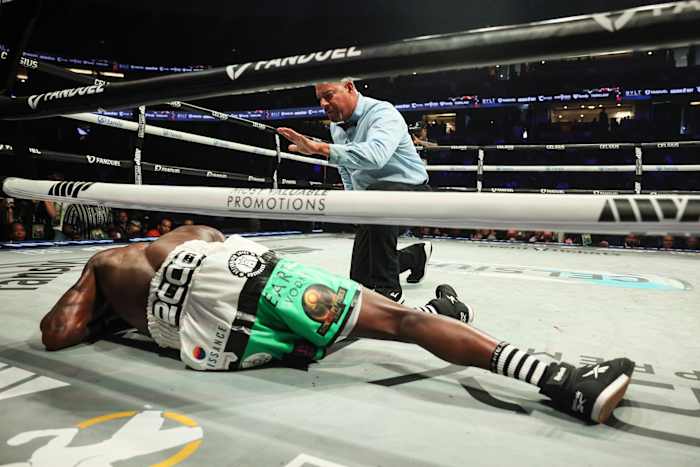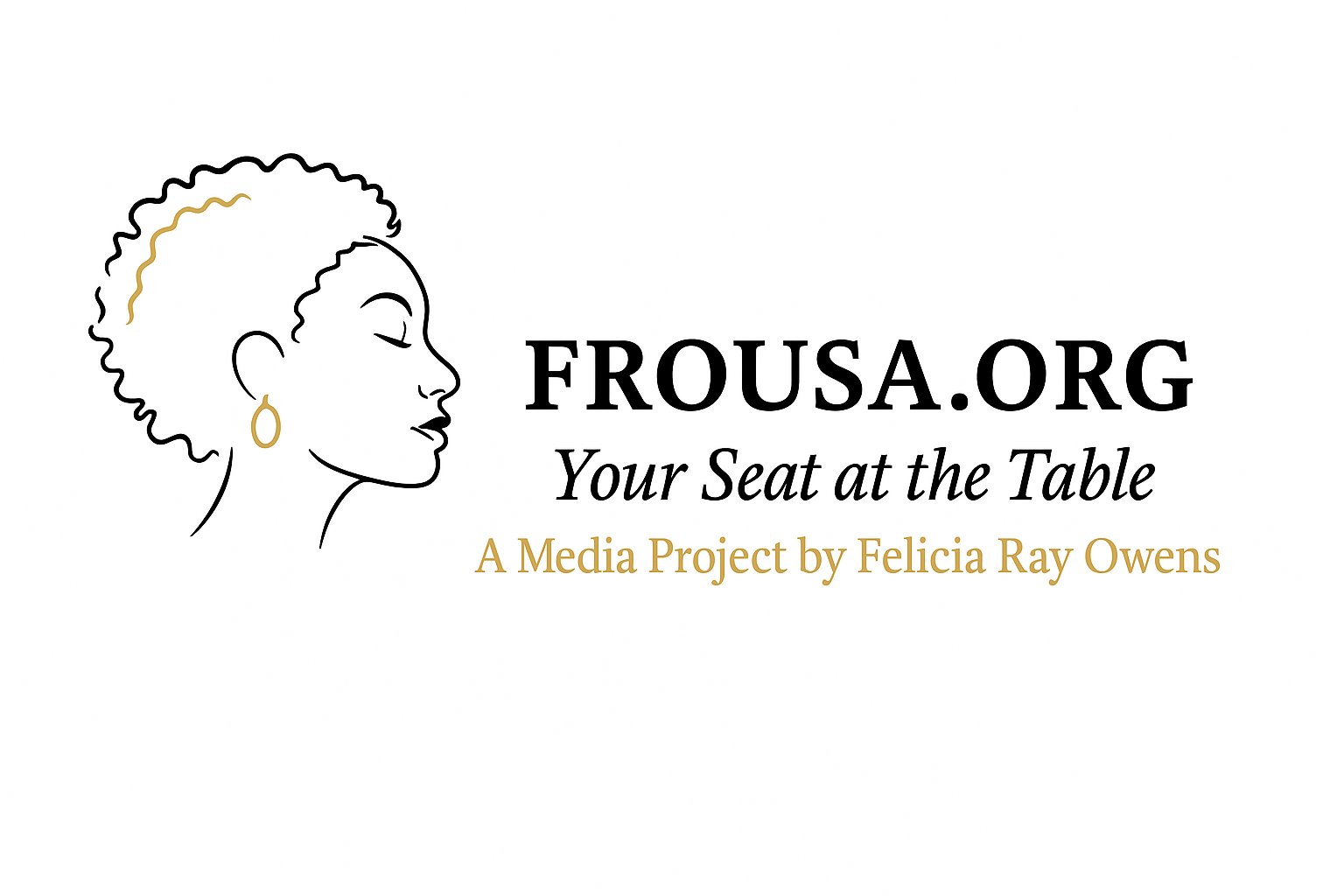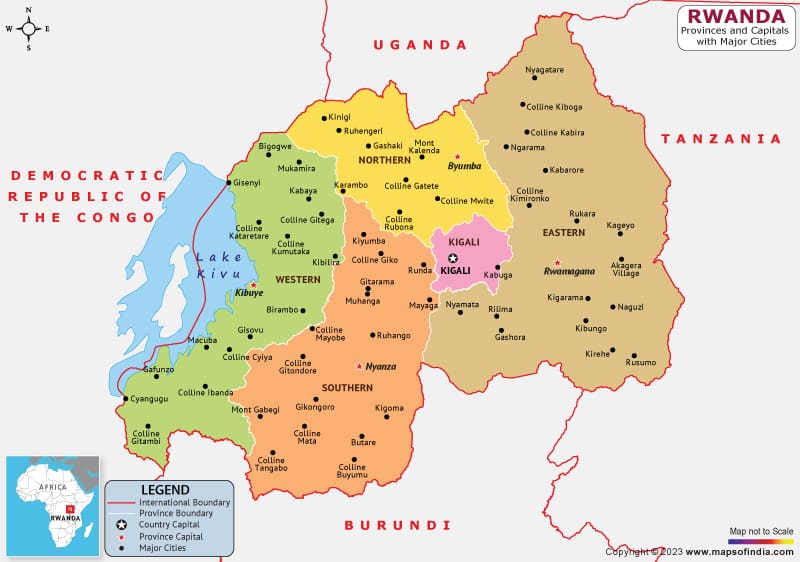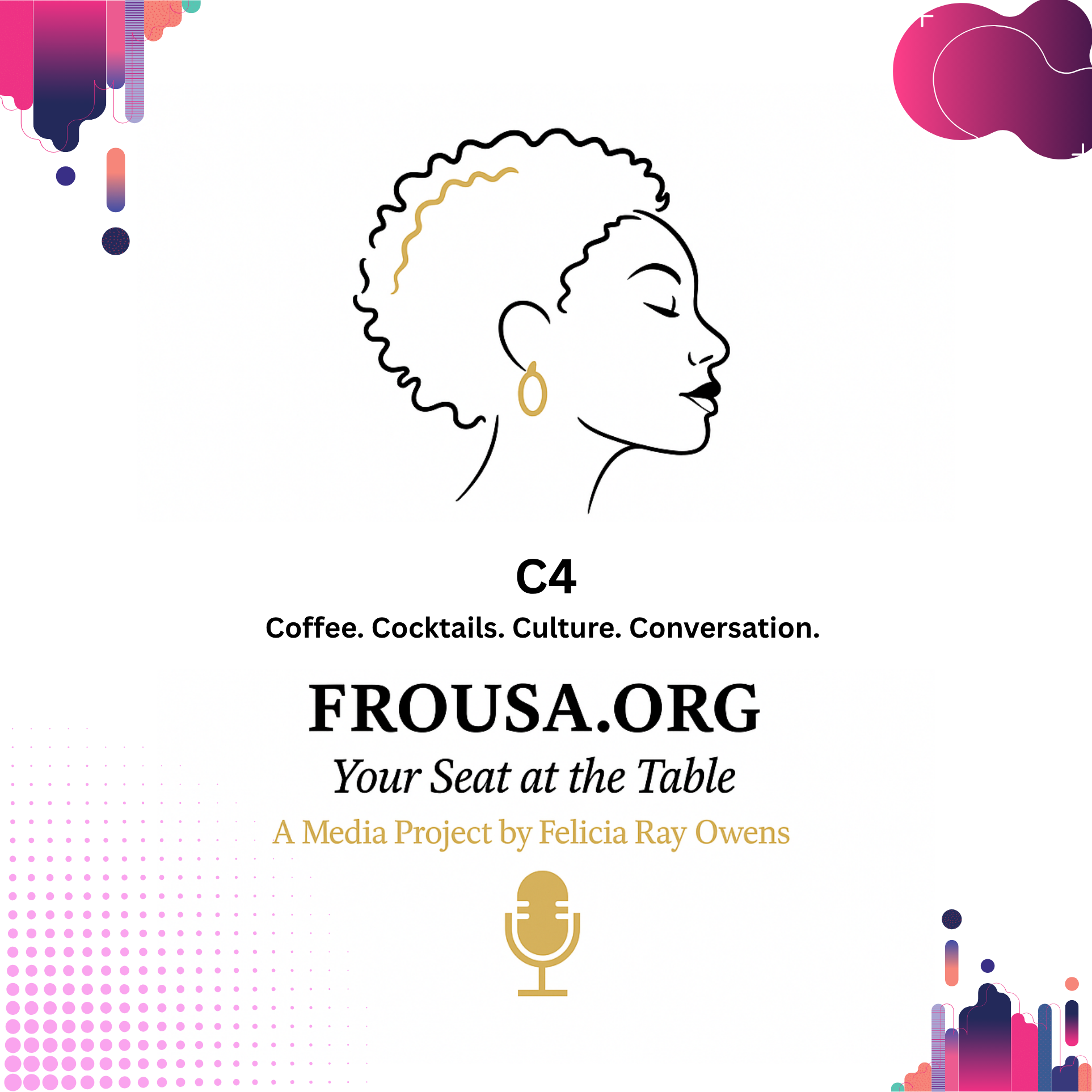
Jake Paul is about to take his biggest boxing test against notorious ex-champ Julio César Chávez Jr.
June 28, 2025
Pride ‘Bigger Than’ Texas parade lights up North Main Avenue in San Antonio
June 28, 2025
Let’s break this down—because I’ve been watching it too, and if your eyebrows are raised, you’re not alone.
Donald Trump has been name-dropping Rwanda more than usual lately. Not because he’s suddenly invested in African development or diplomacy, but because Rwanda is now being positioned—again—as a dumping ground for Western political agendas. And folks need to understand the full picture, not just the headlines.
First, What’s the Deal?
Back in his presidency, Trump pushed hard to limit immigration, especially from Black and brown countries. You might remember the “shithole countries” comment. Yeah—he said that. And he meant it.
Now, fast forward to 2024–2025, Trump and his allies have circled back to a plan that looks a lot like what the UK tried with Rwanda: pay the Rwandan government to take in asylum seekers—mostly from Latin America, the Middle East, or Africa—so they never set foot on U.S. soil. In plain terms, it’s a way to offshore human beings. To outsource empathy.
Rwanda would get millions in foreign aid to hold people the U.S. doesn’t want to deal with.
Let that sink in.
Why Rwanda?
Because Rwanda has become the go-to face of “stability” in East Africa, at least on paper. The president, Paul Kagame, runs a tight ship—too tight, if you ask human rights experts. He’s built an image of order and growth, but under the surface, there’s deep control, little dissent, and serious questions about freedom. Still, Western nations love him because he plays ball. He makes deals. He doesn’t push back.
And the U.S. government—under both parties, let’s be real—has a long history of partnering with regimes that will do the dirty work for us in exchange for money, weapons, or political clout.
Trump’s interest in Rwanda isn’t about the people. It’s about using Rwanda as a shield to avoid accountability. So the U.S. can still say it’s “handling” migration—just without offering actual refuge.
But here’s the twist that no one’s really talking about: Trump has also hinted—more than once—that deals like this make him worthy of a Nobel Peace Prize.
Yes, you read that right.
In his mind, getting another country to “help” with migration—even if it means warehousing asylum seekers thousands of miles from where they sought safety—is a diplomatic achievement. He wants credit. He wants headlines. He wants the prize.
So Rwanda isn’t just a partner. It’s a prop in the performance.
A transaction dressed up as peace.
An agreement that lets him claim he’s solving global problems, while never actually addressing the root of any of them.
Now Let’s Talk About the South Africa Ambush
Trump didn’t stop with Rwanda. In May 2025, he ambushed South African President Cyril Ramaphosa in the Oval Office, blasting him with claims of “white genocide” against Afrikaner farmers. He dimmed the lights, showed a video (which turned out to be from Congo), waved printouts—he made it a spectacle.
- Reuters breakdown: https://www.reuters.com/world/africa/under-attack-by-trump-south-africas-ramaphosa-responds-with-trade-deal-offer-2025-05-21/
- Fact check: https://www.reuters.com/world/us/trump-makes-false-claims-white-genocide-south-africa-during-ramaphosa-meeting-2025-05-21/
Ramaphosa pushed back calmly: there’s no genocide. Everyone is affected by violent crime. White farmers aren’t being singled out.
- Politico report: https://www.politico.com/news/2025/05/27/donald-trump-south-africa-fight-00371510
Yet Trump spun it as proof. He fast‑tracked asylum for white South Africans, while blocking mostly Black and brown refugees from other countries.
- Reuters: https://www.reuters.com/world/first-white-south-africans-fly-us-under-trump-refugee-plan-2025-05-12/
- Washington Post: https://www.washingtonpost.com/immigration/2025/06/27/trump-afrikaners-refugees-travel-ban/
This isn’t just selective empathy. It’s racist transactionalism. Trump sees a story that inflames his base, gains him international attention, and gives him another photo op to deploy as proof of his “global influence” and moral high ground. Again, legacy theater.
Let’s Call It What It Is
This isn’t just policy. It’s racism packaged as strategy. It’s the idea that poor, brown, desperate people fleeing violence don’t deserve to stand on American soil—but can be corralled somewhere far away, as long as the checks clear.
And it’s not just Trump. We have to be honest—Biden has quietly allowed deportation and border enforcement policies that echo the same logic. The system is broken across the board.
But Trump? He’s loud about it. He says the quiet part out loud.
His obsession with Rwanda is not admiration—it’s transactional. He sees deals. Leverage. Optics. And most importantly—a shortcut to legacy. Something to point at and say, “Look what I did. Give me the medal.”
Same with the South Africa standoff. He turned it into a show of white victimhood—amplifying the “white genocide” myth, resettling white Afrikaners, and ignoring the pain of Black and brown refugees who get shut out.
- New Yorker: https://www.newyorker.com/magazine/2025/06/09/trump-makes-americas-refugee-program-a-tool-of-white-racial-grievance
It’s never about the people. It’s about the performance.
Here’s the Bigger Question
What kind of nation do we become when we treat people like cargo? When we offload the vulnerable to countries we once colonized, exploited, and destabilized—only to act like we’re doing them a favor by tossing them a few million in hush money?
We can’t keep calling it “policy” when it’s really displacement, dehumanization, and distraction.
And we, the people—especially those of us who care about justice, who show up for our neighbors, who believe in actual freedom—have to pay attention to these deals, even when they seem far away. Because they say everything about who’s considered human—and who’s considered disposable.
So What Do We Do?
We ask better questions. We name the game. We stop pretending this is about “national security” or “border control.”
This is about power. About fear. About a system that has always found ways to keep certain people out while pretending to stand for liberty and justice for all.
If you’ve ever felt like something wasn’t right about these immigration debates, you’re not wrong. You’re paying attention. Keep watching. Keep asking.
Because this isn’t just about Rwanda or South Africa.
It’s about us.








